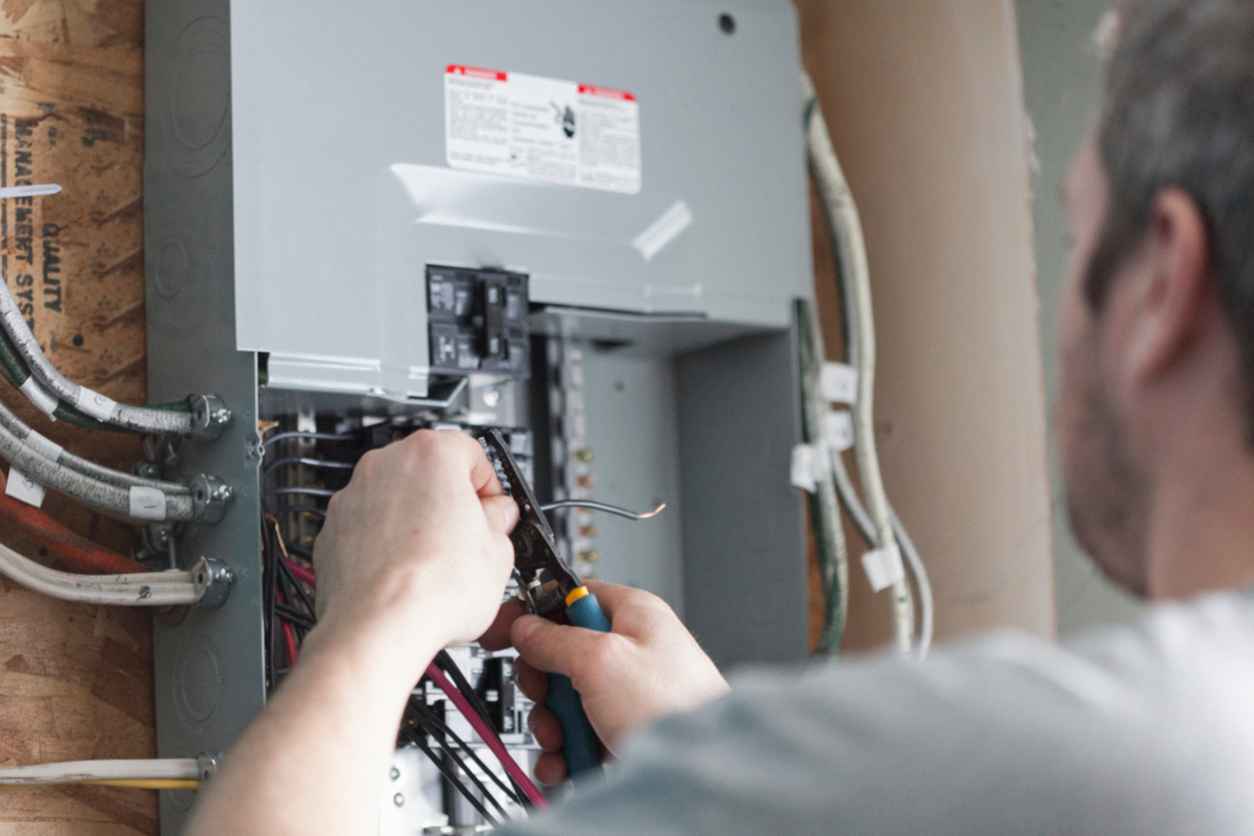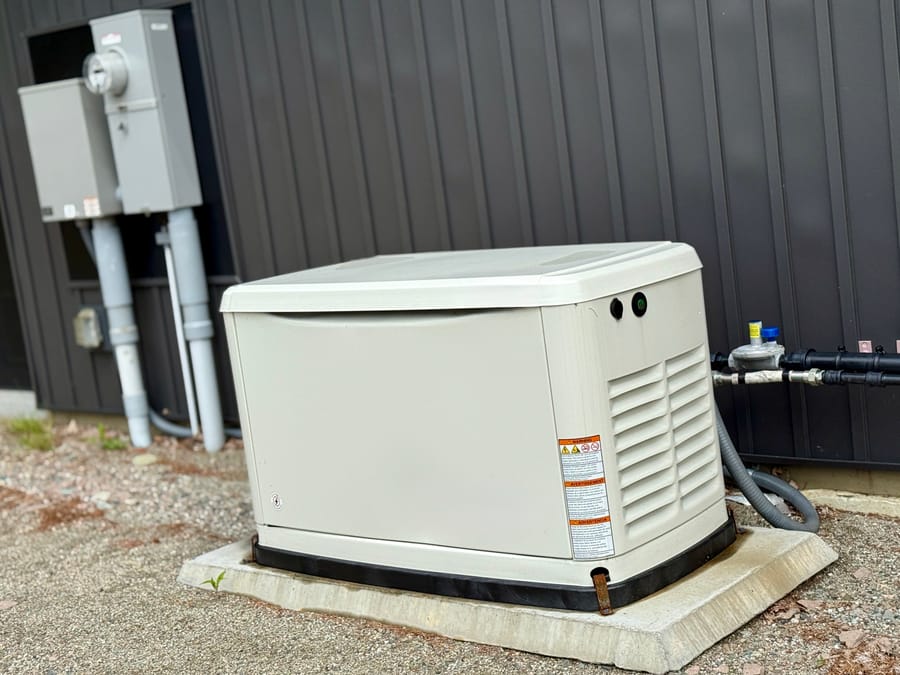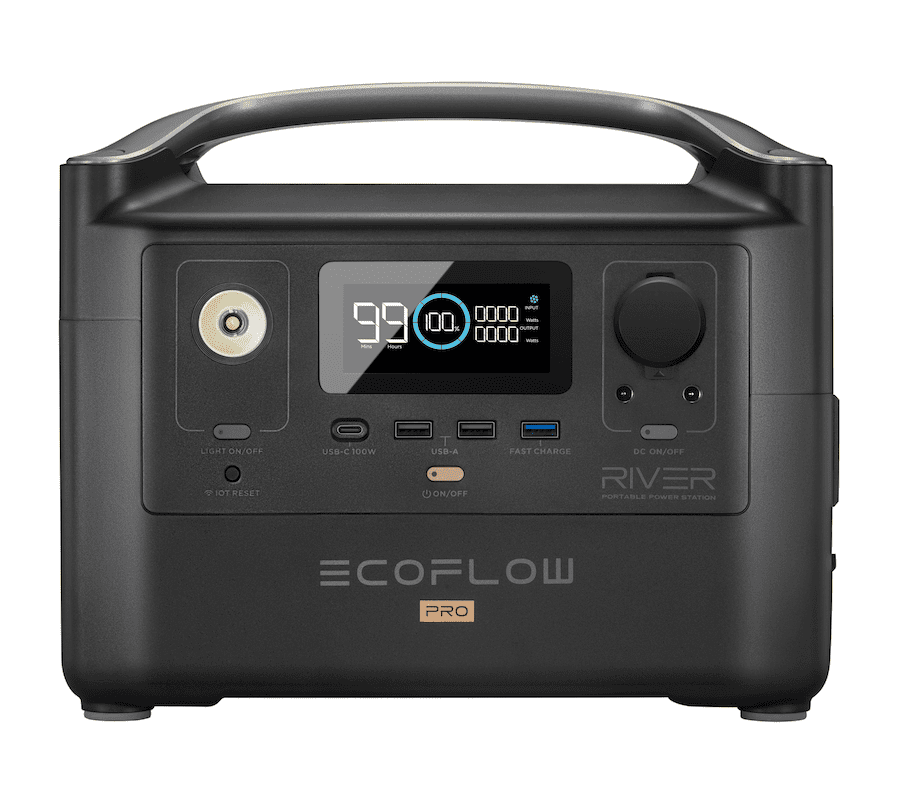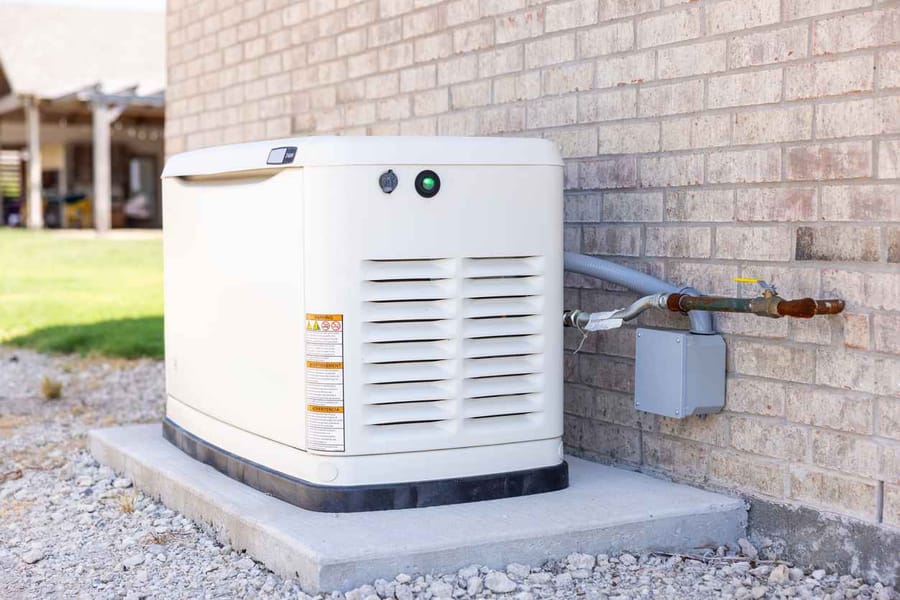Why Does My Circuit Breaker Keep Tripping?

Circuit breakers are an integral part of any home’s electrical system, designed to prevent damage by automatically shutting off the power when they detect any electrical overload or short circuit. While they are crucial for preventing electrical fires and protecting appliances, frequent tripping can be a nuisance and may indicate deeper electrical issues. Understanding why a circuit breaker might frequently trip is essential for any homeowner looking to maintain a safe and functional living environment.
Common Causes of Circuit Breaker Tripping
Before diving into specific issues, it’s important to understand the general triggers that can cause a circuit breaker to trip. A circuit breaker’s primary function is to protect your home’s electrical system from damage by interrupting the flow of electricity when a fault is detected. The causes for these trips can range from simple overloads to complex wiring faults. By familiarizing yourself with the common reasons listed below, you can take proactive steps to mitigate risks and ensure the longevity of your electrical system.
Overloaded Circuits
An overloaded circuit is the most common reason for a circuit breaker to trip. It occurs when too many appliances are operating simultaneously on the same circuit, surpassing what the circuit can handle. This excess demand can cause the circuit to overheat, leading the breaker to trip to prevent potential hazards. Managing appliance usage and balancing the load can help alleviate this issue.
Short circuits
Short circuits present a serious risk, occurring when a hot wire touches a neutral wire, creating a sudden surge in current flow. This unexpected increase can cause the circuit breaker to trip, serving as a critical protective measure. Signs of a short circuit include a burning smell or char marks near outlets or wiring. Immediate professional assessment is crucial to prevent damage or fire.
Ground Fault Surges
Similar to short circuits, ground faults involve a hot wire coming into contact with a ground wire or any grounded part of the junction box. This contact creates a direct path to the ground with very low resistance, leading to a dangerous surge in current and causing the breaker to trip. Such faults are particularly hazardous in moist environments and require urgent attention from a qualified electrician.
Faulty Appliances and Equipment
Old or malfunctioning appliances can also be the source of repeated breaker trips. These appliances may draw more power than they should, leading to circuit overload. Regular inspections and timely repairs or replacements of old appliances can prevent these issues.
Worn out Circuit Breakers
Circuit breakers themselves can wear out or degrade over time, leading to sensitivity and frequent tripping without a substantial overload or short circuit. If your breaker trips often without an apparent cause, it might be time to consider replacing it.
Ensuring Electrical Safety and Efficiency in Maryland
For residents of Annapolis, MD, and the surrounding areas dealing with electrical issues, Chesapeake Electric offers expert services to diagnose and fix any electrical problem. Our team of skilled electricians is ready to ensure that your electrical systems are running smoothly and safely. For all your electrical needs, contact Chesapeake Electric today and guarantee your home’s safety and efficiency.
Recent Posts

February 25, 2026

February 24, 2026

February 24, 2026

January 23, 2026

January 22, 2026

January 21, 2026

December 19, 2025